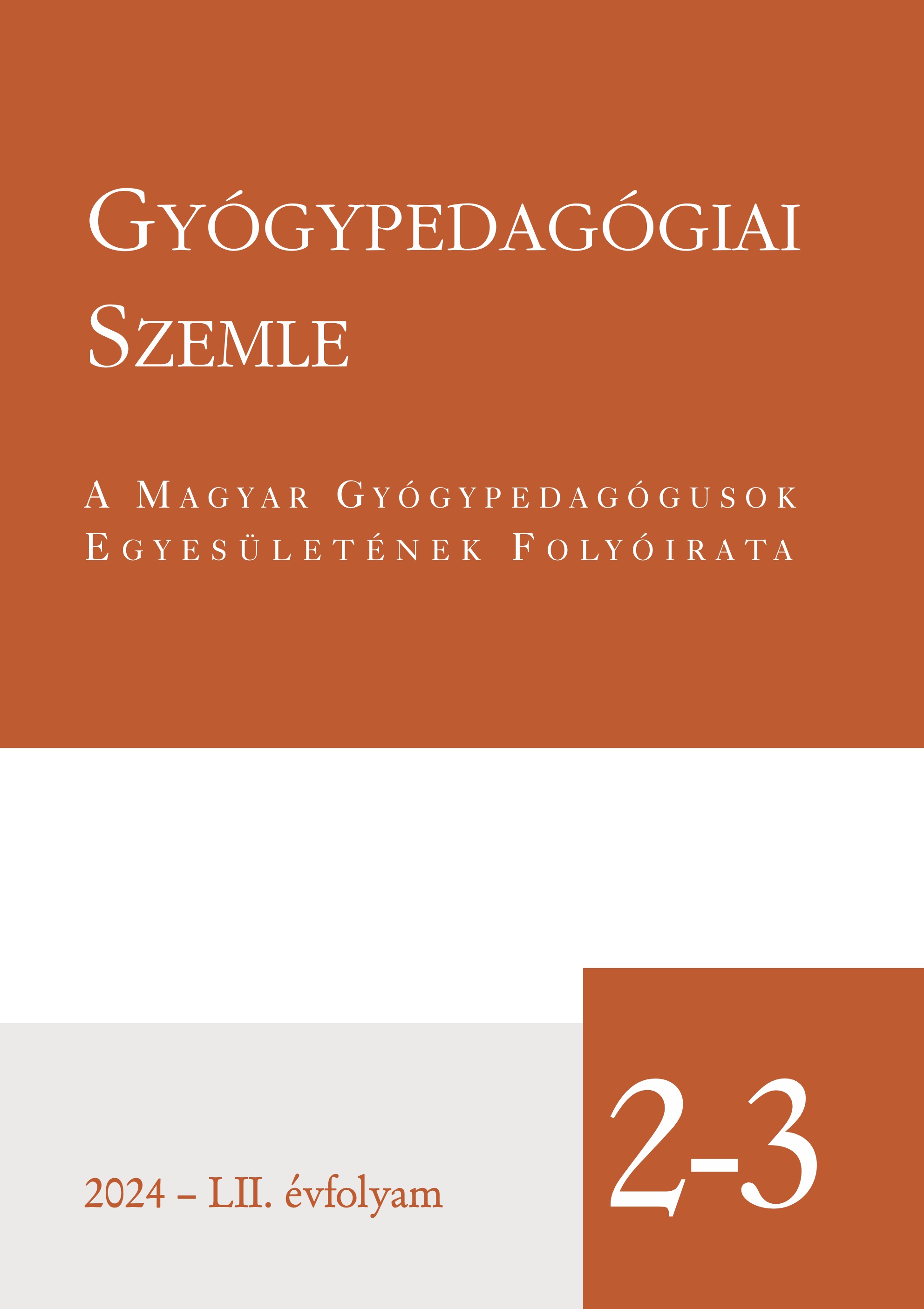Intellectual disability among homeless people: identification, needs, support options. A scoping review.
DOI:
https://doi.org/10.52092/gyosze.2024.2-3.1Keywords:
homelessness, intellectual disability, prevalence, screening, support needsAbstract
Background and aims: Living independently and in the community are a basic right of persons with disabilities, yet in Hungary housing is a challenge for many. According to surveys of homeless service providers, people with physical and intellectual disabilities are present in their clientele. Empirical research was not carried out on their situation yet. This study aims to focus on intellectual disability and systematically review international research literature to map and present in Hungarian 1) methods used to identify intellectual disability among homeless people in other countries, 2) the prevalence found, 3) support needs and 4) practical implications.
Method(s): A scoping review was carried out by searching databases (Academic Search Complete, ERIC, MEDLINE, APA PSychArticles, Web of Science) for articles published between January 2012 and June 2023 and reviewing 14 studies selected after screening.
Results: Measured in various countries with different methods, the prevalence of intellectual disability among homeless people was found to be higher than in the general population, and comorbidities, especially mental health problems, were frequent. For independent living, the development of life skills and ongoing community-based support might be required in addition to housing provision.
Conclusions: For prevention and intervention, focus on the present should be complemented with research on the relationship between intellectual disability and becoming homeless, with more attention to adaptive functioning and environmental factors, beyond a traditional clinical approach emphasizing intelligence.
Keywords: homelessness, intellectual disability, prevalence, screening, support needs

